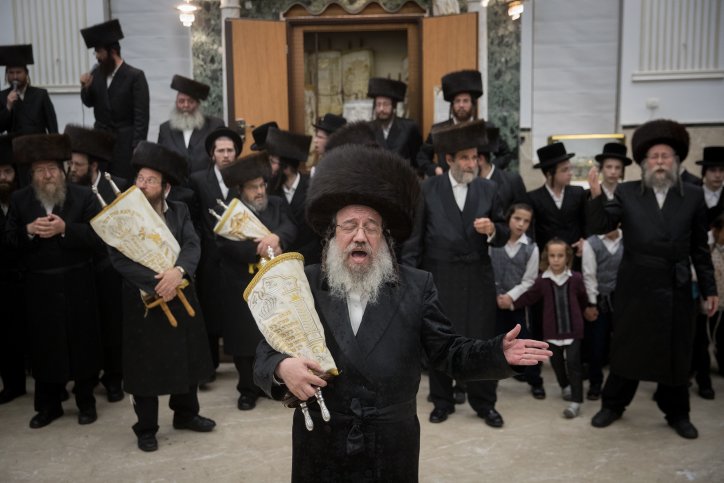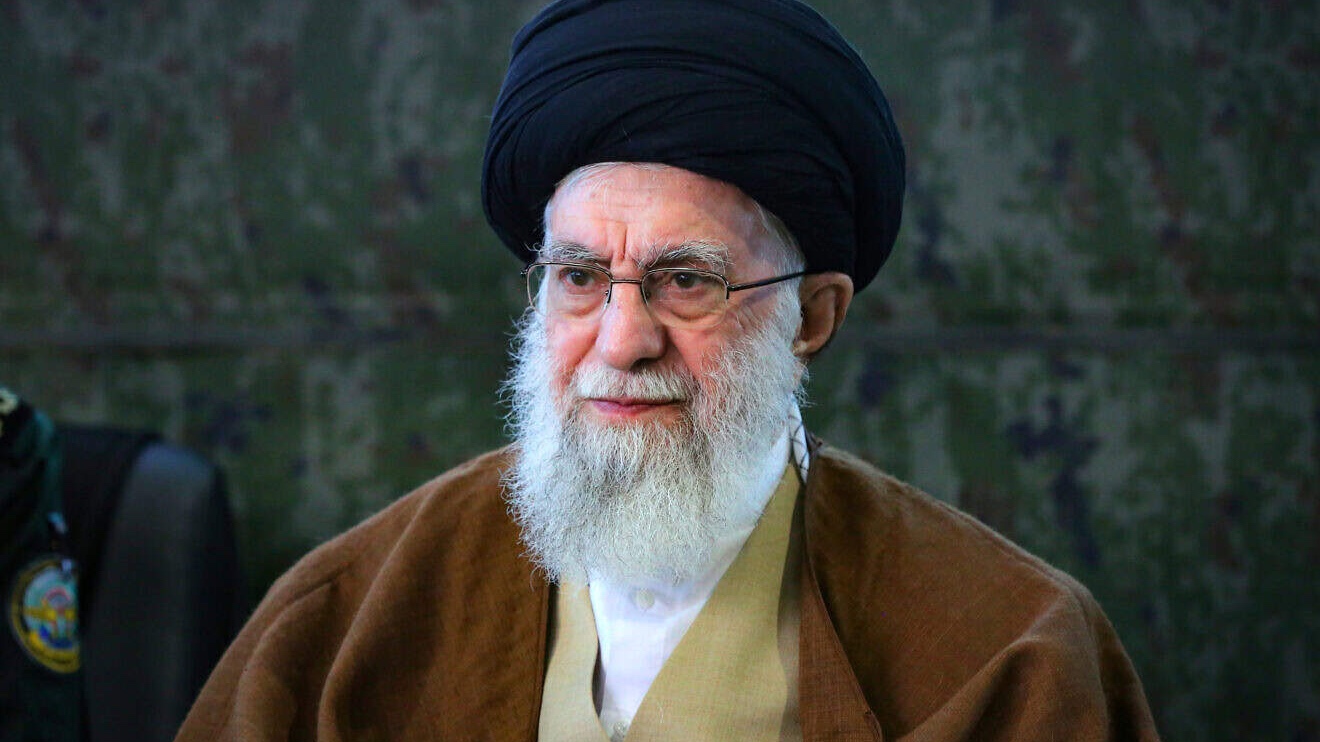It’s a show about family life in the cloistered Haredi (ultra-Orthodox) community in the Geula neighborhood of Jerusalem called Shtisel (pronounced shteezel), the main character’s family name. The series has no nudity, sex, violence or car chases, and yet has gained a huge international following. What makes this Israeli-produced television program about the Haredi community so popular?
First aired in 2013 on Israel’s Yes television network, the show gave Israel’s majority secular population an unprecedented look into the behind-the-scenes family drama of the nation’s insular ultra-Orthodox Jewish world. What is perhaps even more interesting is that Haredi communities, where it is forbidden to even own or watch a television, are finding ways to watch the show about themselves and openly discuss every detail on social media.
The first two seasons won massive acclaim at the Israeli Television Academy Awards, but it wasn’t until this past December, when Netflix picked up the show, that Shtisel became a worldwide sensation.
Some of Shtisel’s popularity stems from it being an exceptionally well-written script. The stories on everyday life of Jerusalem’s Orthodox residents bring the characters to life. And the acting is superb. Watching them live out their day-to-day family dramas–from sibling rivalries to frustrated parents who nevertheless spoil their children to the alien world of Haredi dating and matchmaking–it all makes for great television.
But to me, the most engaging part of the show is seeing how the ultra-Orthodox Jews deal with the same issues that touch all our lives, our deepest longings and fears–love, intimacy, betrayal, commitment and infidelity, to name just a few. We laugh and we cry realizing how we are really no different than our ultra-Orthodox Jewish neighbors, except in one crucial point–they have a biblical heritage and traditions dating back thousands of years that guide them through the twists and turns of daily life.
When the titular character, Akiva Shtisel, has been to the matchmaker and is now engaged to the bride-to-be that Akiva’s father had arranged because he believes her to be the right match for his son, Akiva expresses doubt. One of the father’s friends asks him if his son is happy about the engagement. The father responds in typical Jewish fashion: “What kind of a question is that? Are you happy? Are we here to be happy? He did what he had to do, and God willing, he’ll be happy too.”
This is the kind of wisdom we learn about watching Shtisel. It reminded me of the wonderful Fiddler on the Roof play and movie. It shows us a way of life that is simple yet profound in ways contrary to so much of our Western secular ideas, such as the “pursuit of happiness” being some sort of divine constitutional “right” and ultimate life goal.
Herein lies the hidden attraction of Shtisel to its secular audiences. Divorce rates are rampant, families are falling apart, people are unhappy (though we hate to admit it), and things only seem to be getting worse. Shtisel reminds us of how much we have lost, while also providing hope and inspiration that we can still find our way.














